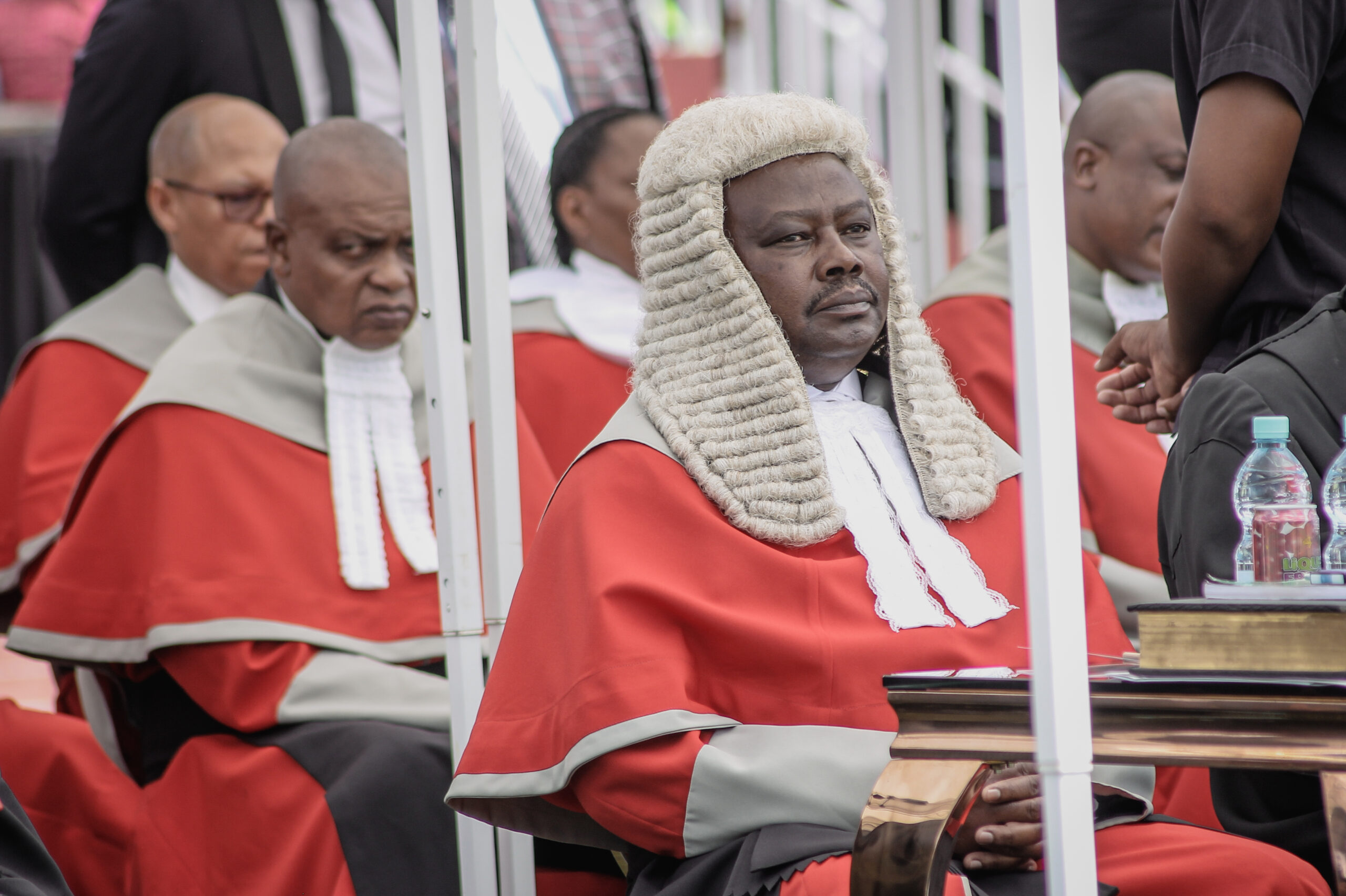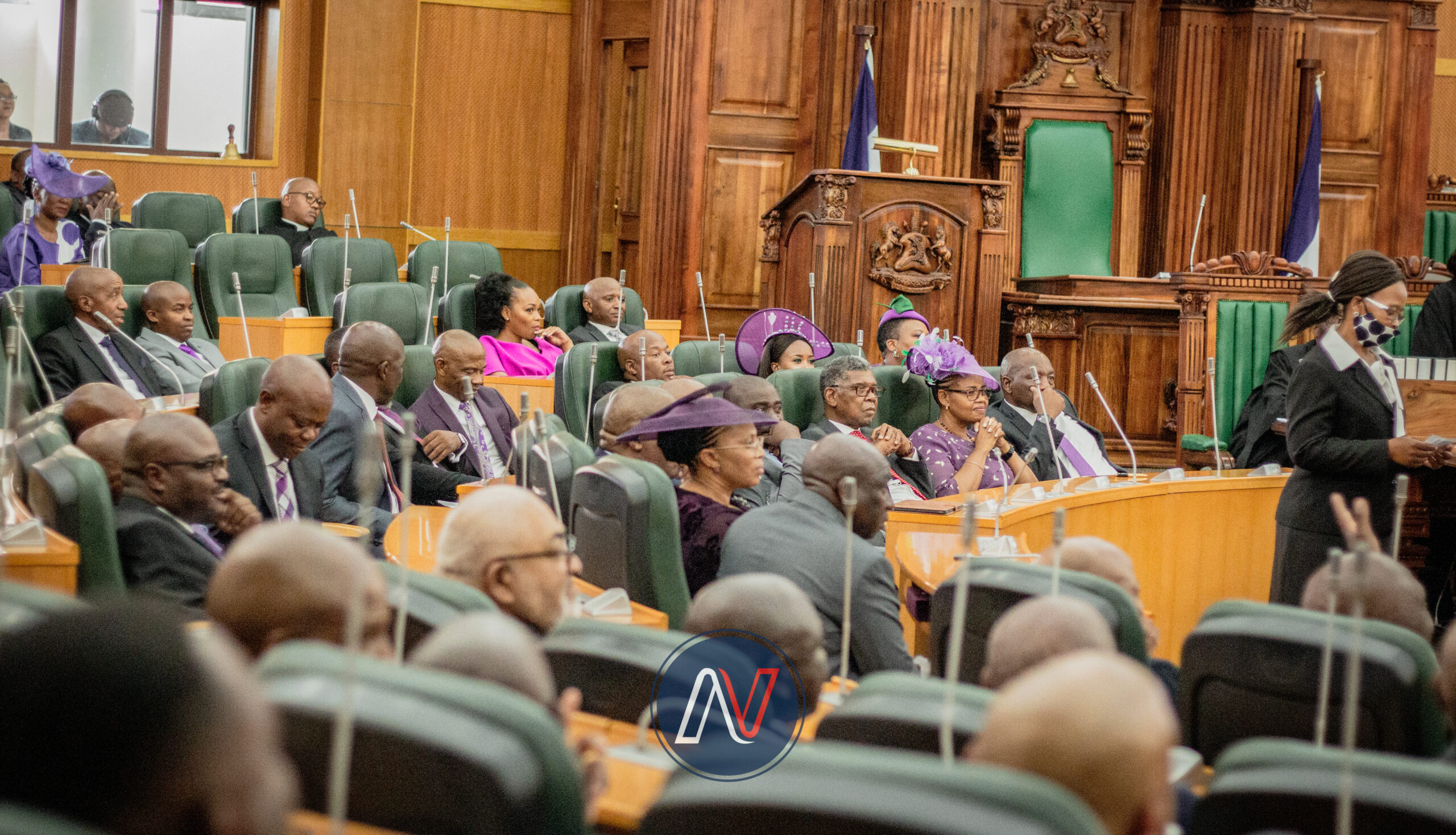Kananelo Boloetse
On September 20 of last year, I took to Twitter to voice a concern that had been gnawing at the heart of Lesotho’s political landscape for far too long.
I opined that one of the prime reasons behind our country’s prolonged political instability is the unsettling tendency of our politicians, especially those occupying the Prime Minister’s office, to interpret the Constitution in a manner reminiscent of W.C. Fields’ irreverent reading of the Bible – seeking out those elusive loopholes.
In a nation where stability has often seemed a distant dream, many attribute our woes to weak laws. While I acknowledge this to some extent, I firmly believe that the root of our problems lies in the behaviors of politicians who consistently push the boundaries of their power. Their actions have resulted in a legacy of unchecked abuses, from violating established norms to potentially criminal conduct.
Recent years have seen a disturbing escalation of power abuses that cast a shadow over the future of Lesotho’s democracy. Recognising the far-reaching implications of these transgressions, Basotho united in their call for comprehensive national reforms that would illuminate a path toward a more promising future.
External entities, sensing the urgency, offered financial support to fuel this transformative journey.
In 2018, the first multi-stakeholder dialogue was convened, leading to the enactment of the National Reforms Dialogue Act. This act paved the way for the establishment of the National Leaders’ Forum and the National Dialogue Planning Committee, which subsequently organised the second national dialogue focusing on the content and process of the reforms.
In the wake of this dialogue, the National Reforms Authority Act of 2019 was passed, establishing the National Reforms Authority (NRA). This institution was entrusted with the solemn task of coordinating, spearheading, and executing the reforms process—a critical role in weaving the threads of resolutions and decisions spun from the Multi-Stakeholder National Dialogue.
Within this framework, the NRA drafted the 11th Amendment to the Constitution Bill, more commonly known as the Omnibus Bill. Despite its imperfections, many believed that its passage could provide a much-needed remedy to the persistent constitutional challenges that have plagued us. These issues encompass the unchecked powers of the Prime Minister, the control the executive exercises over the judiciary, the politicization of security agencies, a media environment marred by partiality, and a parliament struggling to assert itself.
However, when the term of Parliament expired in July 2022 before it could pass the Bill, the stage was set for a theatrical performance characteristic of Lesotho’s political landscape.
Politicians dived headfirst into their favored pastime—sifting through the Constitution’s text for that ever-elusive backdoor.
In August 2022, without any evident emergency, the then Prime Minister declared a state of emergency to recall a dissolved parliament for the purpose of passing the Omnibus Bill. Yet, the High Court and the Court of Appeal resoundingly ruled that no emergency existed and that the King had overstepped by recalling the dissolved parliament.
A new parliament and government emerged in October 2022. Yet, astonishingly, a sense of urgency for the Bill’s passage seemed to wane, with no discernible rush to present it to the newly elected parliament. The urgency to address the Bill seemed to fade, lurking behind the scenes.
Fast forward ten months, and the scenario morphed into a surreal redux —Parliament, in recess, was called for a special meeting in August 2023 to resurrect the Bill from its slumber and thrust it into the light of legality. This move, too, raises questions about the extent to which ruling politicians can manipulate the parliamentary process and violate the Constitution for their own ends.
The age-old wisdom that we cannot solve our problems with the same thinking that created them seems lost on some of Lesotho’s politicians and the people who benefit from the status quo. A paradoxical mentality prevails, one where the very power abused is called upon to remedy the abuses themselves.
What is equally perplexing is the international support these actions attract. Some international development partners, often seen as champions of democratic values, have shown a puzzling inclination to fund those who appear determined to breach the Constitution while criticizing those who strive for reform within the bounds of constitutional respect.
As Lesotho navigates this convoluted journey of political transformation, it is crucial that we engage in a robust discussion about the role of international actors. The so-called development partners’ financial backing of certain actions sends a troubling message, one that contradicts the principles they stand for. The essence of democracy lies in a collective commitment to upholding the rule of law, preserving constitutional integrity, and fostering respect for the democratic process.
As we continue to seek solutions to our nation’s challenges, we must ensure that the pursuit of reform aligns with these core tenets, unfettered by ulterior motives.
Einstein once mused that insanity is doing the same thing repeatedly and expecting different results. It appears that some of Lesotho’s politicians have a different take.
The question that persists is simple yet urgent: Why does this confounding lunacy command international tolerance?
Summary
- I opined that one of the prime reasons behind our country’s prolonged political instability is the unsettling tendency of our politicians, especially those occupying the Prime Minister’s office, to interpret the Constitution in a manner reminiscent of W.
- This act paved the way for the establishment of the National Leaders’ Forum and the National Dialogue Planning Committee, which subsequently organised the second national dialogue focusing on the content and process of the reforms.
- Fast forward ten months, and the scenario morphed into a surreal redux —Parliament, in recess, was called for a special meeting in August 2023 to resurrect the Bill from its slumber and thrust it into the light of legality.

Your Trusted Source for News and Insights in Lesotho!
At Newsday Media, we are passionate about delivering accurate, timely, and engaging news and multimedia content to our diverse audience. Founded with the vision of revolutionizing the media landscape in Lesotho, we have grown into a leading hybrid media company that blends traditional journalism with innovative digital platforms.










